
Toyota class action lawsuit overview:
- Who: A group of consumers filed a class action lawsuit against Toyota Motor Corporation and several related entities.
- Why: The consumers claim Toyota sold certain vehicles ranging from model year 2007 to the present that were equipped with a door-lock defect.
- Where: The class action lawsuit was filed in Texas federal court.
A new class action lawsuit alleges that Toyota breached its manufacture warranties by selling certain vehicles with a door-lock defect.
A group of consumers claim Toyota sold certain 4Runner, RAV4, Highlander, Prius, Tundra, Camry, Camry Hybrid, Corolla, Tacoma and FJ Cruiser vehicles broadly stemming from model year 2007 to the present that were equipped with defective door locking actuators.
The consumers argue the alleged Toyota defect prevents the vehicle doors from being locked or unlocked with a remote key fob or the power door locks on the interior door panels, creating a safety hazard.
“This jeopardizes the safety of Vehicle occupants by causing unintentional door openings during operation, unknown failures to lock the doors, inoperable doors during emergency situations, more vulnerable to potential crime and other risks that could have otherwise been avoided,” the Toyota class action says.
The consumers want to represent a nationwide class and classes of Texas, New York, North Carolina, Florida, Indiana and Georgia consumers who are current or former owners and/or lessees of a Toyota vehicle containing the door-lock Toyota defect.
Toyota ‘long been aware’ of door-lock defect, class action claims
The consumers argue Toyota has “long been aware” of the alleged door-lock defect but has “routinely refused” to repair the issue without charge and has refused to take any action when the problem manifests in vehicles outside their warranty period.
“Because the Door Actuator Defect typically manifests shortly outside of the warranty period for the Class Vehicles—and given Toyota’s knowledge of this concealed, safety related defect, unequal bargaining power, and other factors discussed below—Toyota’s attempt to limit the warranty with respect to the Door Actuator Defect is unconscionable,” the Toyota defect class action says.
The complaint claims Toyota is guilty of unjust enrichment and fraudulent concealment, among other things, and of violating the Magnuson-Moss Warranty Act and multiple state consumer protection laws.
The plaintiffs demand a jury trial and request declaratory and/or injunctive relief along with an award of actual, general, special, incidental, statutory, punitive and consequential damages for themselves and all class members.
Toyota issued a separate recall in September for more than 40,000 of its model year 2023-2024 Toyota Corolla Cross Hybrid vehicles over concerns they could experience a loss of power brake assist.
Have you purchased or leased a Toyota vehicle with defective door locking actuators? Let us know in the comments.
The plaintiffs are represented by Bruce W. Steckler, Austin P. Smith and Jack M. Kelley of Steckler Wayne & Love PLLC and David C. Wright and Todd A. Walburg of McCune Law Group.
The Toyota class action lawsuit is Mixon, et al. v. Toyota Motor Corporation, et al., Case No. 4:24-cv-01018, in the U.S. District Court for the Eastern District of Texas.
Don’t Miss Out!
Check out our list of Class Action Lawsuits and Class Action Settlements you may qualify to join!
Read About More Class Action Lawsuits & Class Action Settlements:



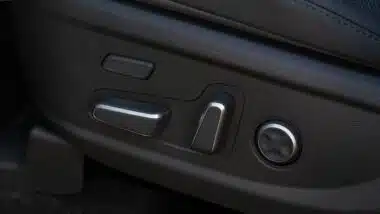


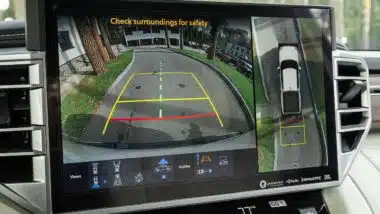
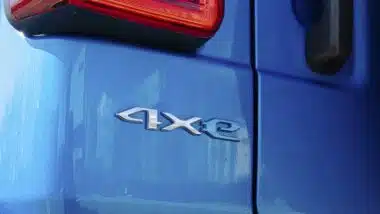


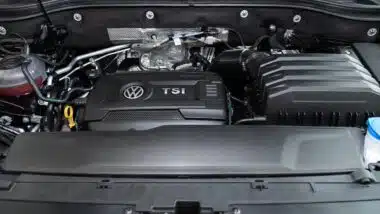


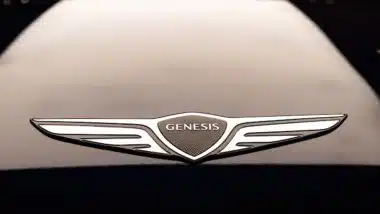

251 thoughts onToyota class action claims multiple models have door-lock defect
I purchased two 2024 toyota tacomas and they both have door lock issues, engine stalls and one of them had brake failure that kept me from preventing an accident I was in where my toyotas breaks failed and someone hit me from the side and totaled my vehicle.
2021 Sienna. Same issue with drivers door and now the passenger is going out too.
My 2020 Toyota Highllander only has 25,000 miles, bought brand new! I’m experiencing this problem now!!
I bought a 2023 Toyota Corolla Hybrid new and now just out of warranty, the driver door doesn’t lock/unlock properly with the key fob, which now appears to be a defective actuator. Looking forward to the outcome of this law suit.
I have a Camry 2023 SE and the passenger side door stop locking I have to do it manually .Please Help I don’t know what to do.
I own a 2021 Toyota Camry SE and when I put the car in drive, the locks lock then the passenger door unlocks! I’m starting to believe this is why my freaking alarm goes off all the time when I actually lock the doors with the key fob! I have to manually lock all my doors before getting out the car since that door wants to constantly unlock.
I’ve owned my 2013 Toyota Highlander (~49k miles) since 2014. Last month (8/5/2025) I thought the “door lock” problem was due to a key fob having a “low or dead battery”. After replacing new batteries in two key fobs, the problem continued to the rear passenger door actuator completely failing (9/17/2025). After checking, the tailgate door actuator is also failing. The tailgate door “unlocks” when driving freeway speeds (50-75MPH); 07/2023-08/2023, 2024, and 2025. Both actuators will need immediate replacement.